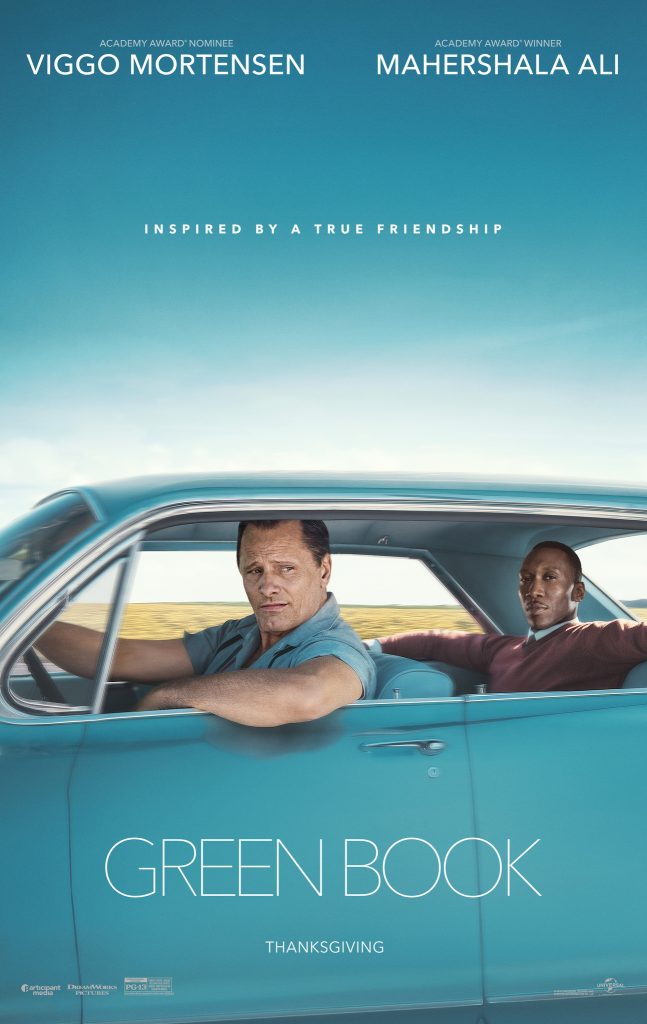
There’s been a bit of controversy recently regarding the film Green Book, director Peter Farrelly’s biopic chronicling pianist Don Shirley’s concert tour through the deep south in the 1960s with his driver. Members of the Shirley family have been critical about how the relationship between the musician and his chauffeur, the late actor Frank “Tony Lip” Vallelonga Sr, was depicted on-screen.
I can’t be the one to determine if that’s true, but just judging it as a film, it’s a sweet and intelligent story that feels gradually more subversive as it progresses. This film easily could have leaned back on the usual clichés in films about people of different races becoming closer, but Green Book thankfully gives its characters more nuances than you might expect.
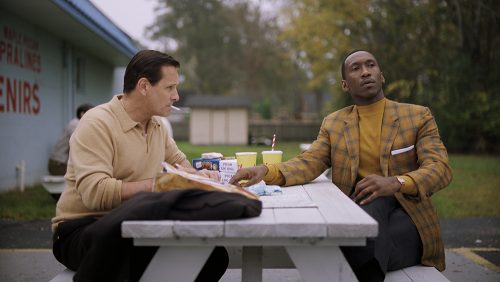
Tony Lip is portrayed here by Viggo Mortensen, who achieves a strikingly convincing Italian-American accent. He’s a bouncer looking for extra cash after his employer, the Copacabana club, undergoes renovations. His search brings him to Mahershala Ali’s Don Shirley, a sophisticated, controlled and poised figure in stark contrast to the middle-class, far less-cultured Tony. Eventually, Don is able to convince Tony’s wife Dolores (Linda Cardellini) that it might be worth keeping Tony out on the road for eight weeks driving through segregated southern America, and all of the risks that come with it.
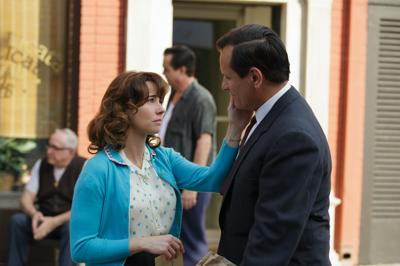
At first, Tony’s annoyed with Shirley’s morals and pushing him to conduct himself better, while Don is put off by Tony’s uncouthness. But over the course of their journey, they find common interests (music tastes and food in particular) and begin to understand the other’s worldview gradually. We learn about Don’s insecurities and background, and Tony’s not only marveled by the pianist’s talent but he becomes increasingly bothered by the amount of discrimination Shirley encounters (such as not being allowed to dine with the guests he’s hired to play for).
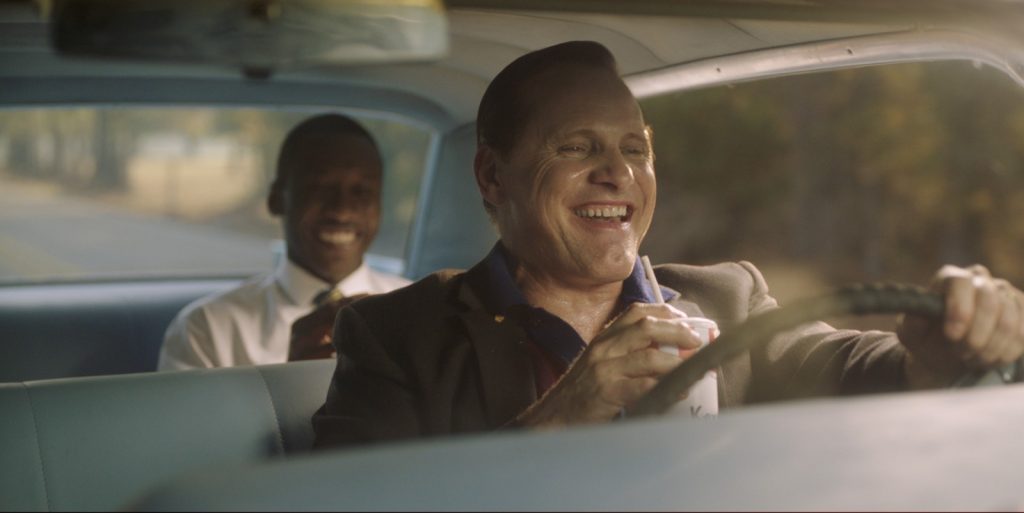
Between stops, Tony takes time out to write Dolores letters, but he’s not exactly the most articulate composer, so Don takes it upon himself to ghost-write the prose to impress Tony’s wife. As it turns out, that sophistication and high-class lifestyle of his leaves him feeling alienated from other Black people, a double whammy when also having to contend with racism. Fortunately, Tony, while he remains imperfect up to the very end, proves to be more understanding about people than he expected.
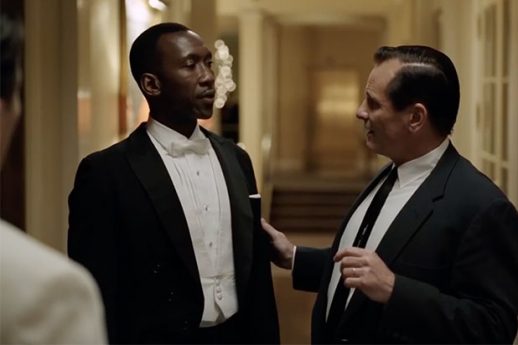
Aided by a vivid color scheme that adds to the retro feel of the movie, the chemistry between Mortensen and Ali combined with the depth of their characters is what makes Green Book worth a look. Their respective progression feels very believable, and both actors manage both the dramatic and comedic moments well, to where it comes off like you’re watching natural conversations between people as opposed to actors reading scripts.
Despite the fact the movie is named after a book specifically made for African-American motorists looking for establishments during segregation, the movie fiercely condemns the attitudes of this period in a way that doesn’t feel as if it’s clubbing the audience over the head. A lot of the disconnect between Don and Tony evaporates the more they begin to see one another as people.
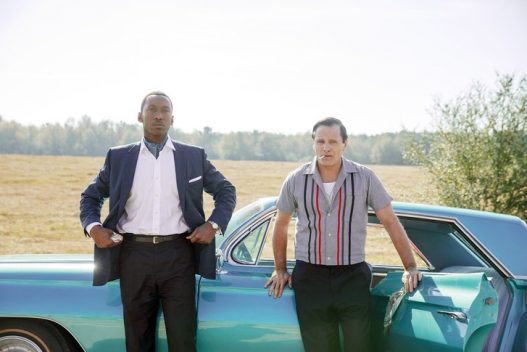
Without spoiling too much, as the film progresses it goes out of its way to frame itself more as a Christmas film. The holiday season is hinted at more than once over the course of its run time, but this film certainly has advertised itself more as a buddy comedy than an out-and-out Christmas film, so your opinion may vary as to whether you feel it qualifies.
Regardless, Green Book is a smart dramedy that feels a bit easy-going at first, but still has powerful performances from both leads that add to its emotional authenticity. If you’d had the chance to check it out, head to @Official_FAN at Twitter and let us know how you felt about it!
